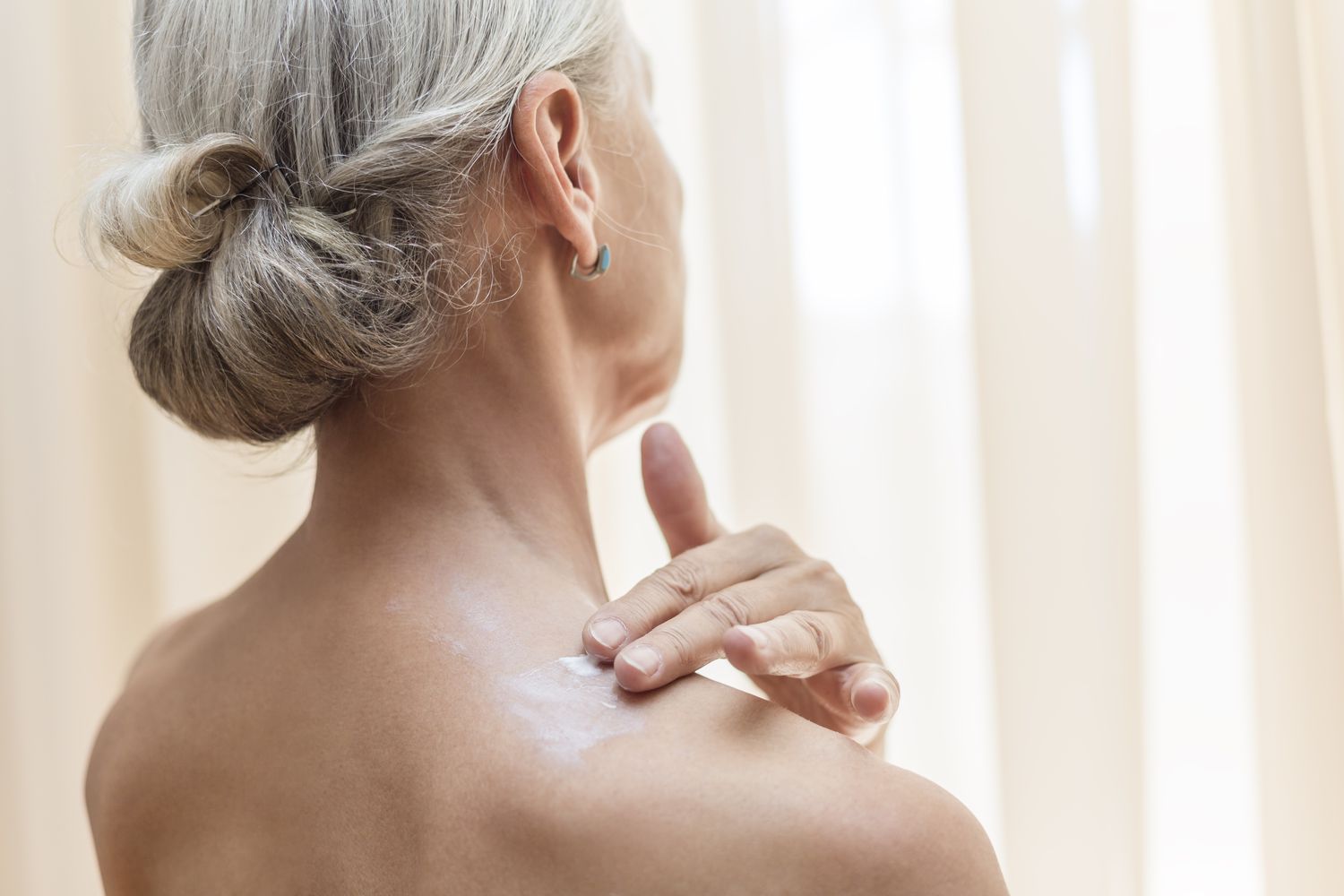Home Remedies That Worsen Butt Acne and How to Safely Soothe Your Skin
As a beautician, you're likely aware of the different skin challenges your clients face. One such problem that often goes unmentioned is butt acne, which might not be as visible as facial acne but is equally bothersome. While some turn to home remedies for a quick fix, not all household solutions are beneficial; in fact, some might even worsen the situation. Understanding the dynamics of butt acne and how certain home remedies fall short is crucial for providing the best advice to your clients.
:max_bytes(150000):strip_icc()/back-view-of-senior-woman-applying-cream-on-neck-1125579154-af53c8f013b749e79e49eea54ac27e07.jpg)
Why Home Remedies Can Backfire
It's easy to see why people might try home remedies - they are accessible, seemingly natural, and appear cost-effective. However, they sometimes unintentionally irritate the skin or clog the pores, leading to an exacerbation of butt acne.
For instance, applying raw, undiluted apple cider vinegar directly to the skin is a common suggestion. Its high acidity can actually cause irritation, leading to worsening acne. Similarly, using coconut oil, while seemingly moisturizing, can clog pores and trap dead skin and bacteria, worsening breakouts.
Common Remedies That Might Harm
Baking Soda
Baking soda is often touted for its exfoliating properties, but its alkaline nature can disrupt the skin's natural pH and lead to increased dryness and irritation, turning a manageable problem into a bigger issue.
Toothpaste
While many believe toothpaste can dry out pimples, it can trigger irritation and redness due to its fluoride content, making it a poor choice for such a sensitive area.
Lemon Juice
Renowned for its astringent properties, lemon juice can dry out the skin excessively. The natural acids can cause burns and further irritation, often leading to more harm than good.
Safer Alternatives for Butt Acne
Instead of these detrimental home treatments, consider recommending proven methodologies that balance gentleness with effectiveness.
Non-Comedogenic Moisturizers
Advise clients to use non-comedogenic bacterial moisturizers that won't clog pores, specifically formulated for sensitive areas.
BHA (Beta Hydroxy Acid) Treatments
Products containing BHAs, like salicylic acid, are excellent for deep cleaning pores and preventing blockage. They help in exfoliating dead skin gently and effectively.
Appropriate Body Wash
Encourage the use of body washes specifically aimed at treating acne. Check out this list of best body washes for acne.
Gentle Exfoliation
Educate on how to exfoliate properly without causing irritation. Suggest gentle exfoliants over harsh scrubs, which can damage the epidermis.
The Importance of Patience and Consistency
Aside from treatments, highlight the significance of patience and consistent care routines. Explain that results won't appear overnight, and regular body care routines are key. Educate clients on wearing breathable fabrics and showering after exercise to prevent further irritation.
In conclusion, while home remedies seem like an economical choice, they may not always provide the desired results. Always guide your clients towards safer, dermatologist-approved treatments that consider both the health of their skin and their unique needs.
/assets/production/practices/c96a49dc6477bdcf653595264d5ac6dabb440f04/images/2492047.jpg)
FAQ Section
Q: Can over-the-counter treatments replace professional advice?
A: While OTC treatments can initially help, consulting with a dermatologist guarantees a tailored approach.
Q: Are there any dietary changes for reducing butt acne?
A: Yes, a balanced diet low in sugars and fats can improve skin health and reduce acne flare-ups.
Q: How often should exfoliation be part of the routine?
A: Exfoliate 1-2 times a week to avoid irritation and enhance skin regeneration.
This article contains affiliate links. We may earn a commission at no extra cost to you.

